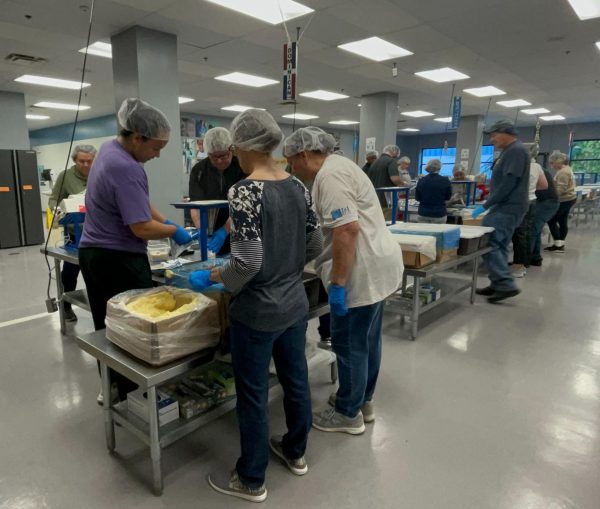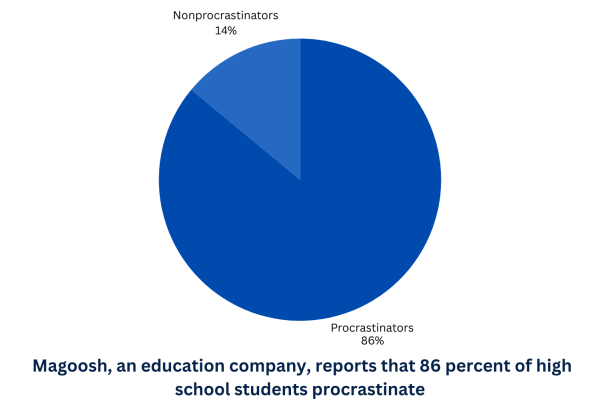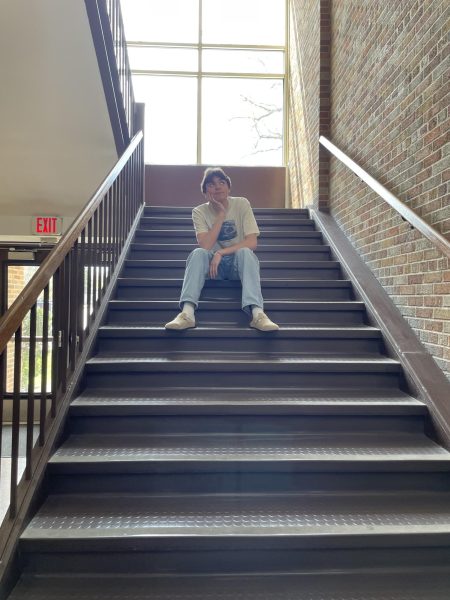Drops of Ink, Published for You
The magazine you are holding in your hands or the webpage you are visiting was created by Drops of Ink (DOI), LHS’s student news publication. The DOI team is full of writers, designers, photographers and editors working hard to create each and every story, layout and photo that’s published. The whole staff takes pride in what we create, and we’re happy to do it because our work can serve a vital function in the community.
Just like the rest of the journalism world, DOI and its staff members have big questions to grapple with. How do we cover topics in a way that remains unbiased while making sure to report the truth? Is it right to always have both sides of a topic if one side is actively harming a part of the community? How do you protect diversity of opinion while not tolerating intolerance? Can we ensure that the community feels represented by the content we publish, while still maintaining journalistic integrity?
These, among others, are questions that DOI is committed to working on and discussing. We aim to answer some of them for you, but not all of the answers are obvious, even to us. Journalism is not a single story or photo but an ongoing process that involves the community. We can, and do, strive to better understand how to represent and serve our community.
First and foremost, DOI has a duty to serve the students of Libertyville High School. Students of all races, ethnicities, sexualities and gender identities. Students with different opinions on everything from the best water fountain in the school to the heaviest topics in the national news. This focus on the students inevitably and thankfully allows the publication to serve the teachers as well, informing them about their school and the voices within it.
The final link in the community DOI serves is Libertyville itself. The publication’s focus is, and should remain, on the people who attend and work in the school, but the school community is not complete without the parents, the alumni and the residents of Libertyville, all of whom have a vested interest in LHS.
Like all publications, DOI’s most important function is to inform the communities it serves. Providing reliable information on a wide variety of subjects is our primary goal. By writing accurate news, informed opinions and thoroughly reported features, DOI proudly serves an important community function. Sometimes though, the stories aren’t meant to be so serious. Talking about TV, books and burgers gives DOI the opportunity to entertain and provide cultural enrichment.
DOI is also privileged enough to have two special roles that other publications might not always get to fulfill.
Firstly, DOI is hyperlocal. The publication serves to give the community a voice. DOI is able to uncover voices that the wider community might not have heard otherwise. Sometimes it can feel like DOI isn’t just local, it’s personal. Staff members can see the effects of their work just by walking down the halls of LHS. The people who read DOI aren’t strangers to us; they are friends, teachers, parents, people who are part of our everyday lives. This unique position means that any effect, positive or negative, created by something DOI published impacts the staff members as well as the rest of the community.
Secondly, DOI is a student publication. Not only does DOI publish for students, it’s entirely created by students. And just like any good student, the members of DOI are learning. DOI is meant to help teach its staff members — not just about journalism but about themselves too. Sometimes it can be easy to forget that the people taking the photos and writing the words in this magazine are teenagers with all of the benefits and consequences thereof.
For instance, this unique position as a student publication allows and compels DOI to proudly share the student perspective. For better or for worse, student voices can be hard to hear, despite how important they are. Members of DOI are in touch with the pulse of student life, and this allows DOI to share some of the most important stories that the wider community might not hear otherwise.
Unfortunately, being a student publication also means that there are certain taboos and rules about what can be written. For example, DOI cannot encourage illegal behavior. DOI is lucky that what is published is not subject to review by the administration, but that doesn’t mean that staff members have free reign in what they write. Writing stories that step on people’s toes can be intimidating because staff members still have to be able to interact with the community in a positive way outside of DOI.
Still, oftentimes these stories can be some of the most important topics to cover. Creating conversation about issues that people don’t want to talk about or shedding light on a problem nobody knows about is one of the most important things DOI can do.
DOI does its best to cover these sensitive stories in a manner that respects all parts of the community, while allowing staff members the opportunity to tell the truth. Although significant backlash is rare, mistakes or issues can arise in such sensitive stories, despite our best efforts. During such incidents, DOI hopes that each concern is addressed in a respectful and constructive manner. Students learn from their mistakes and grow as journalists and as people. However, not everything published that a reader disagrees with is a mistake. If we only published articles that everyone found agreeable, DOI would not be doing its job as a publication.
This isn’t to say that there aren’t places where DOI could improve. Staff members recognize a group tendency to try and cover big national news, ignoring the fact that professional news sources already have the topic covered. DOI has the power to tell stories that a national newspaper can’t, and we understand that we aren’t utilizing this power fully.
It’s also evident that there can be a tilt to the opinions published by staff members. Staff members admit that, overall, political opinions lean towards the liberal side of the spectrum and that it can seem like conservative voices aren’t welcome. It is unfortunate that there is not a larger conservative voice on staff, but DOI has made and continues to make efforts to encourage these voices to join the team. All voices are welcome at DOI, and we hope to make further efforts to encourage a diversity of voices on staff.
In addition we were unsatisfied with our coverage of the Covid-19 pandemic on a local level, and hope to widen the events we cover in general.
Just like the rest of the journalism world, DOI and its staff members have big questions to grapple with. How do we cover topics in a way that remains unbiased while making sure to report the truth? Is it right to always have both sides of a topic if one side is actively harming a part of the community? How do you protect diversity of opinion while not tolerating intolerance? Can we ensure that the community feels represented by the content we publish, while still maintaining journalistic integrity?
These, among others, are questions that DOI is committed to working on and discussing. Journalism is not a single story or photo but an ongoing process that involves the community. We can, and do, strive to better represent and serve our community.
We want to widen the conversation to include the people that we are serving. As we strive to share community voices, it’s important we know what the community has to say to us. To help us continue serving our community the best we can, Drops of Ink is inviting your feedback. A survey is being shared with LHS students via their email. The survey can also be accessed by the QR code attached to this article. The feedback from this survey will hopefully improve our organization.
Fill out the form here: https://forms.gle/WMjUMujWpU5g88CFA














